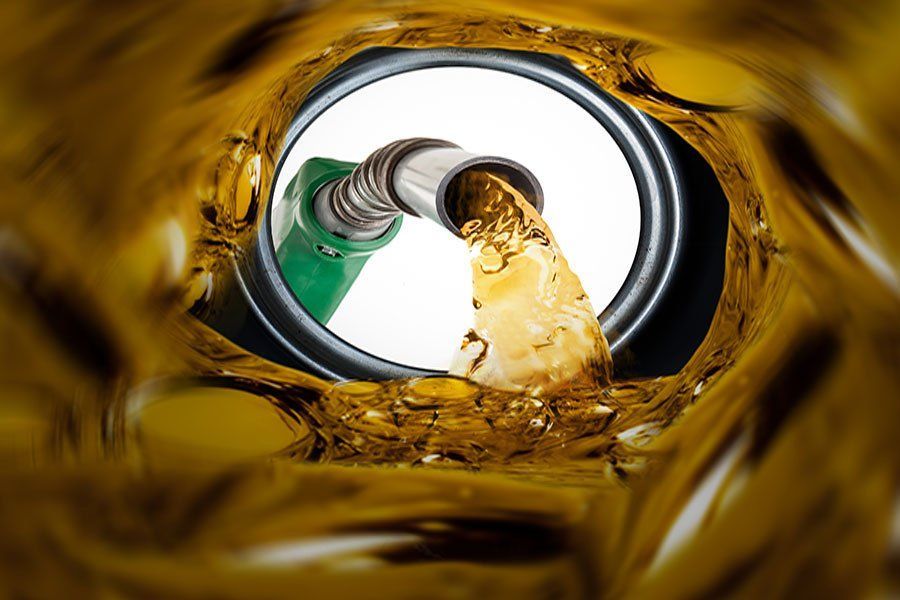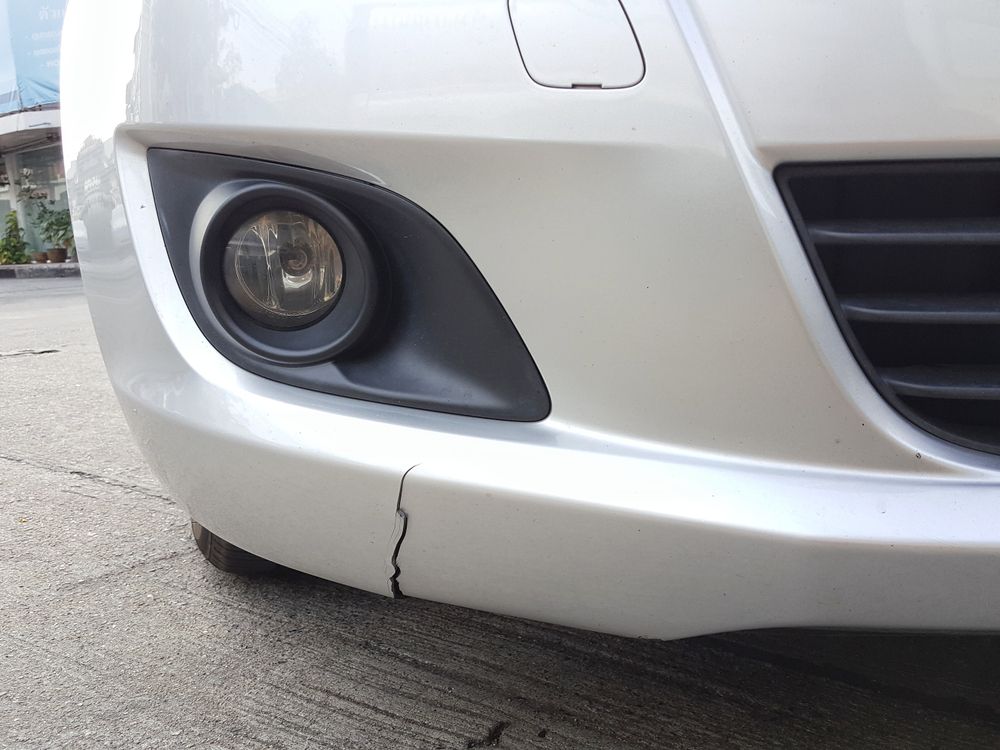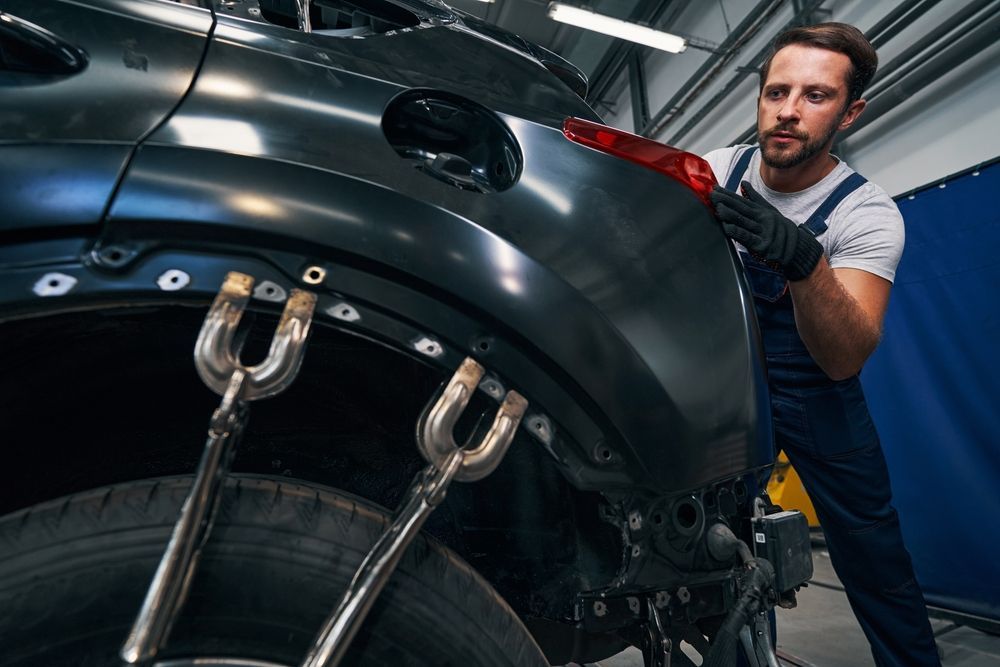
When the time comes to fill up a gas tank, people will oftentimes select the cheapest type of fuel simply because it is easier on the wallet. They may think, “all fuels keep the car running, right? So, what is the big deal?”
While purchasing the cheaper gasoline option may be suitable in the meantime, it could be silently affecting your car in unnoticeable ways until further down the road. There is an assortment of different types of fuel you will encounter at gas stations, and understanding the importance of using the proper fuel will help you take better care of your vehicle. In the content below, we discuss the importance of using the proper fuel in your car by comparing diesel with gasoline and distinguishing the different gasoline grades.
Best Fuel to Use in Your Classic Car: Diesel Fuel vs Unleaded Gasoline
Many people do not understand the difference between diesel fuel and unleaded gasoline. Oftentimes, people consider both products similar as each fuel type goes through combustion, essential to the process of igniting the fuel and propelling the vehicle.
Contrary to how gasoline requires the combination of compressed air and fuel ignited by a spark, diesel is ignited by way of super-heated compressed air. Therefore, if you unintentionally fill your tank with diesel but the system was designed for regular gas, the car will simply stop running because the engine cannot combust diesel fuel. As a result, your vehicle will have to be towed and drained of the errant fuel, a tedious and pricey process often costing between $500 and $1,000.
Different Gasoline Grades
Unleaded gasoline is used most frequently in passenger vehicles, but the different grades or levels of gasoline are not usually addressed. Drivers usually notice the higher price tag on the “plus” or “premium” options and immediately select the “regular” gas. What is the difference, and how do you know what kind is best for your car?
Select the Proper Fuel According to its Octane Rating
Each grade of gasoline is defined by its octane rating. The higher the octane number, the more compression the fuel can withstand before detonating (igniting). Therefore, fuels with a higher-octane rating are implemented in high-performance gasoline engines that require higher compression ratios.
Every engine has different requirements or suggestions as to what will help it run properly and efficiently. In order to find out exactly what octane rating is best for your vehicle, the information can often be found inside the owner’s manual, by contacting the vehicle’s manufacturer, or talking to experts like the mechanics at Wrecktify Collision.
When you load your car with its optimal fuel octane rating, or if you jump to the next “level,” your fuel efficiency and engine performance could be enhanced, depending on the vehicle and engine model. However, if you use a gasoline with a lower octane rating than recommended, there are long-term negative effects on your engine that range from the emissions system to power to mileage and overall performance.
Still Unsure of Which Fuel to Use? Ask the Experts!
At
Wrecktify Collision and Restoration, we understand that large or sentimental restoration projects can grow cumbersome through time and expenses. For that reason, we want to ensure the greatest chance of longevity for your vehicle by using the proper fuel for your car’s needs. We will offer expert suggestions on fuel usage and how to repair any damages caused by using the wrong fuel type.
Whenever unsure about how to specifically care for your car and its engine, contact us to see how we can help your auto in the most efficient manner.

207 Hoesly Drive, New Glarus, WI 53574
608.527.2246



